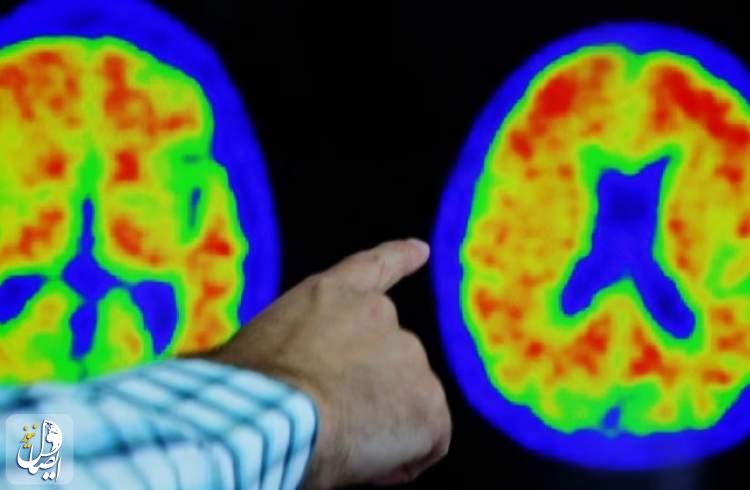Alzheimer's disease experts are revamping the way doctors diagnose patients with the progressive brain disorder - the most common type of dementia - by devising a seven-point rating scale based on cognitive and biological changes in the patient.
- Alzheimer's diagnosis revamp embraces rating scale similar to cancer
- China pledges 'final victory' over COVID
- Why has China had such a struggle vaccinating the elderly against Covid-19?
- New COVID model predicts over 1 million deaths in China through 2023
- China COVID cases rise, hard-hit Beijing districts shut schools
- The global burden of osteoporosis has doubled in the last 30 years
- Pizza, Cake, Ice cream. Why do we eat foods we know are unhealthy?
- Experts review the chia seed and lemon water drink
- vitamins don’t do as much as we think, major study suggests
- Specific gene mutations may be responsible for how long someone lives with Parkinson's disease





